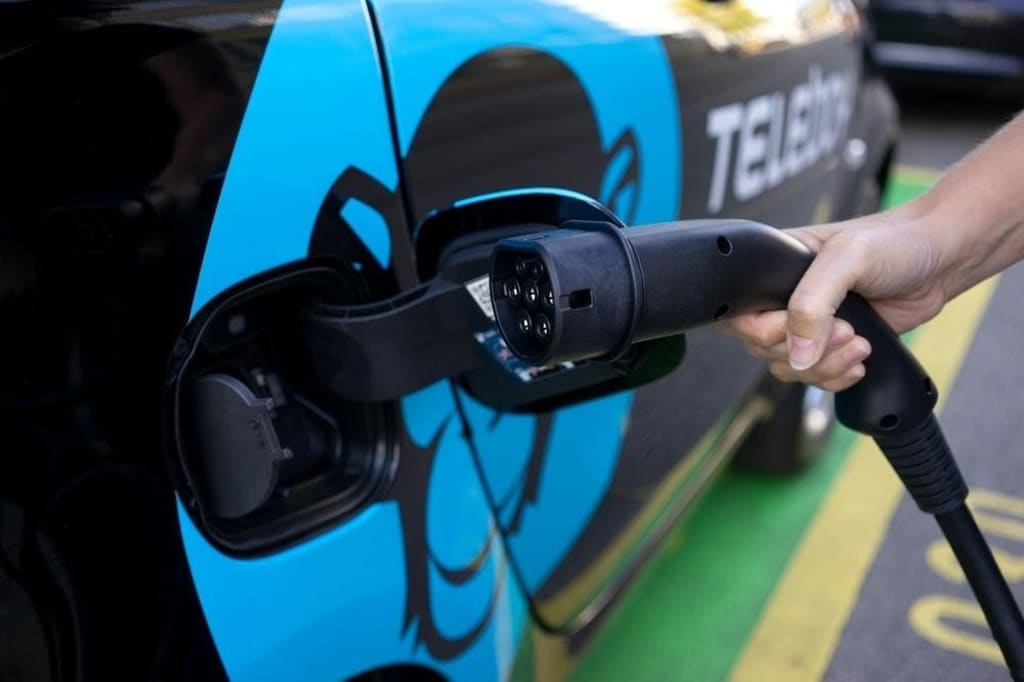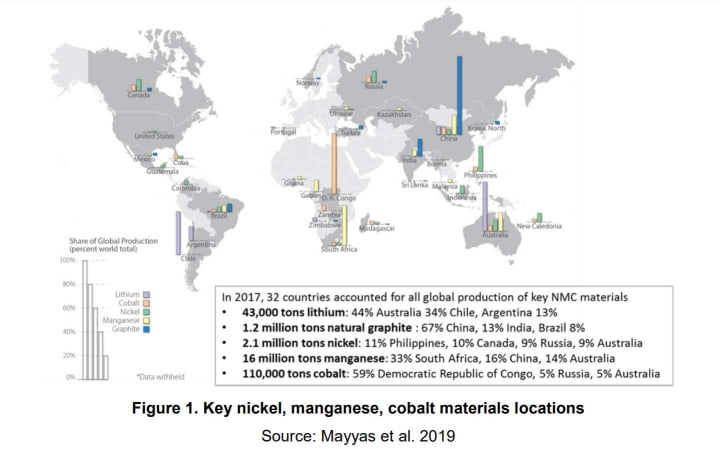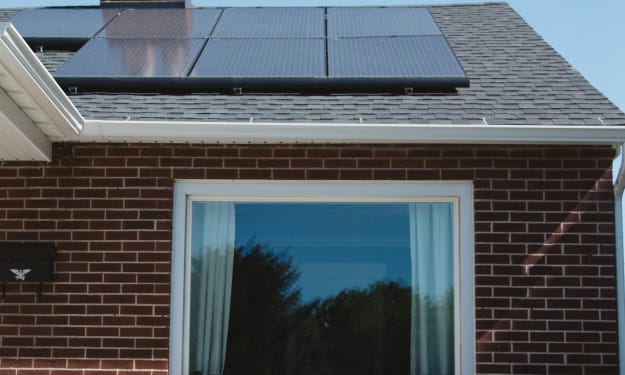Why electric vehicles are not the future?
Lithium Ion Electric vehicles are not the future

What? Is this question really popped up in my head? Yes with current lithium-ion battery technology electric vehicles cannot be the future. I know electric vehicles are gaining popularity and each and every company is thinking about going all-electric in the near future. Let me explain in detail why I am saying this. I used to love electric vehicles, I wrote a few articles about why you should buy electric vehicles, but as I dug deeper I understood the reasons behind this.
Let’s first understand a few stats on how electric cars have grown over the past decade.
In the past decade, Electric vehicle sales started booming with tesla creating a name for itself.
But after 2016 is where we saw a drastic change in Electric vehicle sales around the globe. In India, we saw a boom around 2020. China has become one of the top players in manufacturing and selling electric vehicles around the globe.
This shows how the trend of electric vehicles has boomed in the last 5 years. With this rate, we would have more Electric vehicles on the road, and more Lithium Ion battery waste to worry about.
The material used in Lithium-ion battery
The major materials used in Lithium Ion battery is lithium, graphite, cobalt, and manganese. To extract these materials we need to mine, and I don’t need to tell you that mining is not good for our environment and for us. Surely it generates employment and increases overall economic growth, but we need to ask ourselves this question what is more important to us environment and health or Money?
See this map for the available resources around the world

Let’s talk about battery technology
Lithium Ion battery has a cathode and anode, which store Lithium. When electrolysis happens the positively charged lithium is transferred from the anode to the cathode and vice versa. When the electrons are transferred from anode to cathode it is in a charge state, and when electrons are transferred from cathode to anode it is in a discharged state.
The Problem
It’s like we have switched from one limited resource to another. We used fossil fuels by digging and mining for our ICE cars, and now we are digging and mining for lithium and cobalt. Like fossil fuels, lithium and cobalt are also limited resources. And guess what, digging and mining for lithium and cobalt is equally bad for the environment. Currently, our battery technology is dependent on lithium and cobalt. Until we get an option for Lithium Ion battery its looks like we are stuck with these limited resources and materials.
The average life of a Lithium Ion battery is 10-20 years. What happens to a Lithium Ion battery after its lifecycle, is it recycled? Lithium Ion batteries contain dangerous materials, which need to be disposed of correctly, cause any mistake can cause a devastating effect on the environment and our health. According to the data, only around 5% of Lithium Ion batteries are recycled currently. This is because the current recycling process is energy intensive. This means a lot of these batteries’ waste is thrown away which is adding a problem to our waste management and to our environment and health.
Solution
It’s not like electric vehicles are bad and we should not build or buy electric vehicles. The future of electric vehicles can be good if we change the current EV battery technology. There is a sodium ion battery technology that is under development, it is environment friendly and sodium is not a limited resource. Sodium Ion batteries are safer and cheaper options than Lithium Ion batteries. I will write a detailed article about the difference between sodium-ion and lithium-ion batteries.
We should also think about hydrogen-powered vehicles i.e FCEV. Hydrogen is also an abundant material. Though extraction and storage of hydrogen are one of the biggest challenges we face today. You can read the benefits and problems with Hydrogen-powered vehicles here.
The third solution is we should reduce the usage of cars and should rely on public transport more. This is a bit strange coming from me, as I am a big fan of cars in general, I love driving cars and talking about them. And the best medium of transport for me is cars. But when I started realizing the problems that’s when I changed my mind. Did you know 95% of a car’s life is spent sitting in the garage? You can read here where I talk about why you should not own cars. Though for opting for public transport governments around the world should work on making public transport more effective. In India, we do not have a good public transport network. This should be the focus of our government rather than promoting electric vehicles and telling consumers to buy EVs.
I also think we should focus for now more on strong hybrids, as they are more efficient than the ICE vehicles and create lesser environmental effects.
Conclusion
I hate how everyone is talking about electric vehicles and why electric vehicles are the future and governments and companies around the world are putting regulations and giving subsidies on buying electric vehicles. Instead, we should be really thinking about finding a sustainable way of travelling, creating battery technology which is not another Fossil fuel method and exploring options to solve the problems with hydrogen. Even if you ignore the current battery technology in electric vehicles there are tons of other problems which you can read here. Like Range anxiety, charging infrastructure, and initial cost.
Hope I didn’t sound like an idiot complaining about electric vehicles. I just wanted people to understand the problems with electric vehicles.





Comments
There are no comments for this story
Be the first to respond and start the conversation.